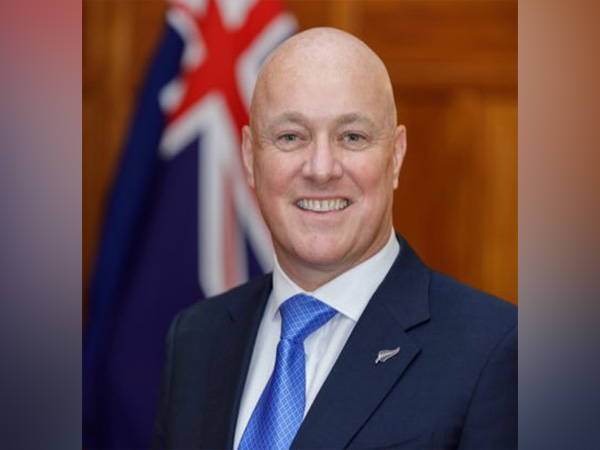New Zealand Confronts Historic Abuse Scandal; Government Faces Billions in Compensation
New Zealand's Prime Minister Christopher Luxon expressed regret after an inquiry revealed that 200,000 children, young people, and vulnerable adults were abused in state and religious care over 70 years. The report exposed systemic abuse, predominantly affecting Indigenous Maori and disabled communities, with recommended compensations potentially running into billions.

New Zealand Prime Minister Christopher Luxon expressed regret on Wednesday following a public enquiry that uncovered the abuse of approximately 200,000 children, young people, and vulnerable adults in state and religious care over the past 70 years.
Nearly one in three children and vulnerable adults in care between 1950 and 2019 faced some form of abuse, the report revealed, potentially leading to billions in new compensation claims for the government. "This is a dark and sorrowful day in New Zealand's history. As a society and as a state, we should have done better, and I am determined that we will do so," Luxon stated during a news conference.
The report by the Royal Commission of Inquiry involved testimonies from over 2,300 abuse survivors and detailed severe abuses, including rape, sterilization, and electric shocks, peaking during the 1970s. Indigenous Maori and disabled individuals were particularly targeted, and many victims died before achieving justice. The report made 138 recommendations, including public apologies and the establishment of a Care Safe Agency and new legislation for mandatory abuse reporting.
Prime Minister Luxon hinted that compensation for survivors could amount to billions of dollars. "We're opening up redress discussions with survivor groups," he added. The inquiry also called for reviews and payments to families suffering intergenerational trauma. Tracey McIntosh, a sociologist at the University of Auckland, emphasized the importance of acknowledging survivors' experiences.
(With inputs from agencies.)










